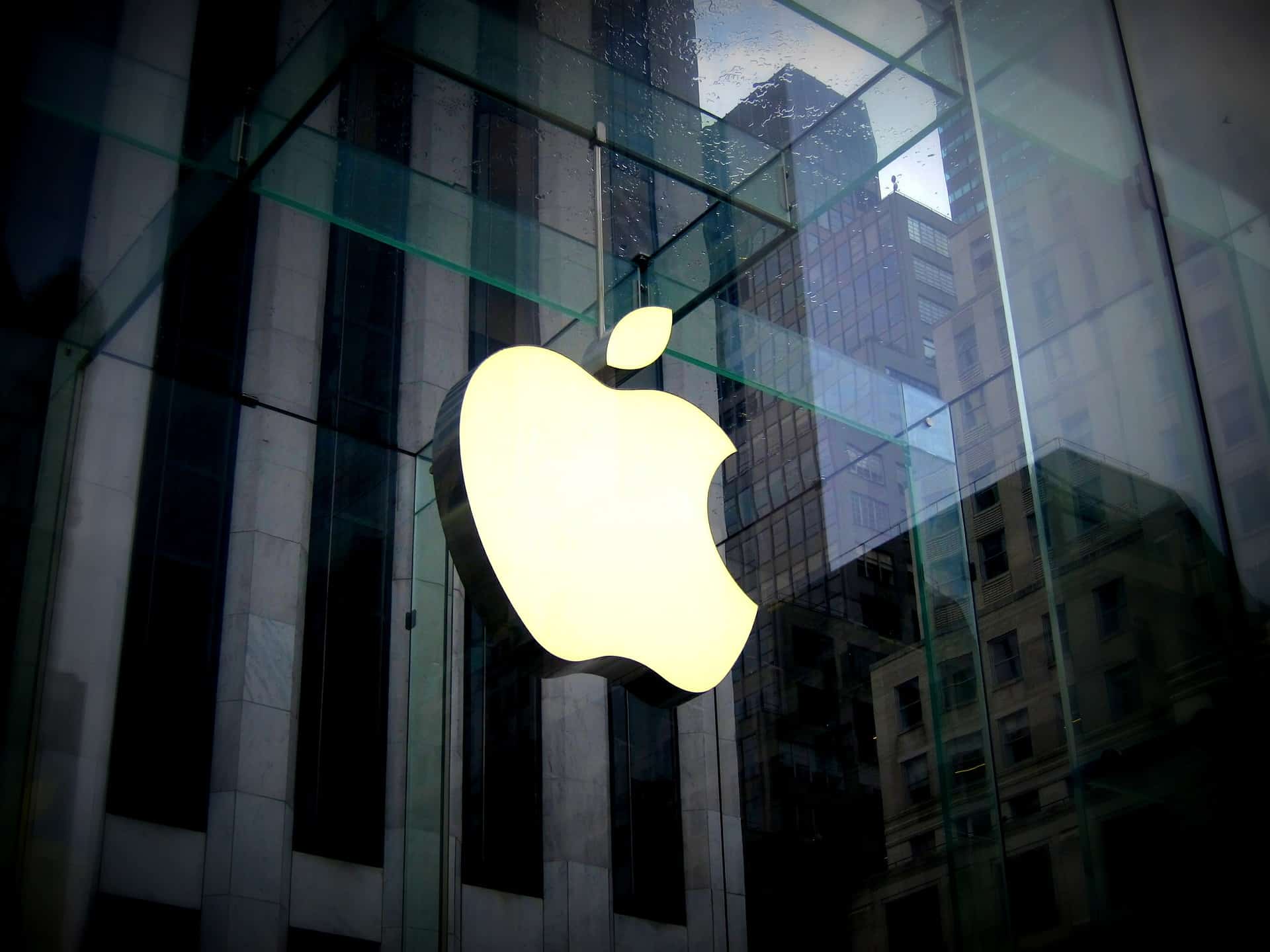As technology giant Apple expands its financial offerings, the launch of its new high-yield savings account is set to cause ripples in the financial world. With an interest rate of 4.5% APY, the industry-leading savings account is expected to challenge the broader DeFi market. As investors and savers alike evaluate their options, many are wondering if this move by Apple will cause a shift in the industry and force DeFi platforms to rethink their strategies.
Apple and Goldman Sachs Partnership Offers Customers Secure Savings and Competitive Rewards
The financial landscape just got a shake-up as Apple announced the introduction of its new Apple Card savings account, boasting an impressive annual percentage rate of 4.15%. The account offers flexibility to customers, with no requirements for minimum deposits or balances. The process of setting up an account is also streamlined, with customers able to use the pre-installed Wallet software on their iPhones to get started. With this new offering, the question arises: will Apple’s entry into the high-yield savings market pose a challenge to DeFi’s established protocols?
Apple’s collaboration with Goldman Sachs has resulted in the introduction of a new high-yield savings account, available to customers who use their Apple Cards. Managed by Goldman Sachs, the savings accounts are covered by the Federal Deposit Insurance Corporation (FDIC), providing customers with a sense of security and trust in their financial transactions.
In addition to the high-yield savings account, Apple Card users can benefit from cashback on their purchases. With 1% cash back offered on every transaction, and 2% cash back on every purchase made with Apple Pay by default, users can save money while making their everyday purchases. For those looking to maximize their rewards, purchases made with certain retailers can earn up to 3% cash back.
Apple to Rattle DeFi Systems?
As Apple expands its financial offerings, the question remains whether this move into the high-yield savings market will pose a threat to the DeFi industry. While DeFi has been able to offer high-interest rates to savers, it operates on a decentralized financial system built on blockchain technology, making it potentially riskier than traditional financial institutions. With Apple’s savings account offering an industry-leading interest rate and the backing of a well-established financial institution like Goldman Sachs, it could entice savers away from DeFi and towards more traditional savings options.
Currently, DeFi is still offering higher yields than Apple’s new high-yield savings account, and there is not much concern about its viability. However, with traditional businesses like Apple now entering the savings account market, DeFi may soon face intense competition. As established financial institutions like Goldman Sachs back these new offerings, customers may begin to choose more traditional savings options over DeFi’s decentralized financial system.
While DeFi has been able to offer high-interest rates to savers, it remains to be seen whether it can continue to compete with the financial backing and trust that established institutions like Apple and Goldman Sachs can provide. As the financial industry continues to evolve, it will be interesting to see how DeFi platforms adapt to the changing landscape and whether they will be able to maintain their appeal to savers.
At Tokenhell, we help over 5,000 crypto companies amplify their content reach—and you can join them! For inquiries, reach out to us at info@tokenhell.com. Please remember, cryptocurrencies are highly volatile assets. Always conduct thorough research before making any investment decisions. Some content on this website, including posts under Crypto Cable, Sponsored Articles, and Press Releases, is provided by guest contributors or paid sponsors. The views expressed in these posts do not necessarily represent the opinions of Tokenhell. We are not responsible for the accuracy, quality, or reliability of any third-party content, advertisements, products, or banners featured on this site. For more details, please review our full terms and conditions / disclaimer.



